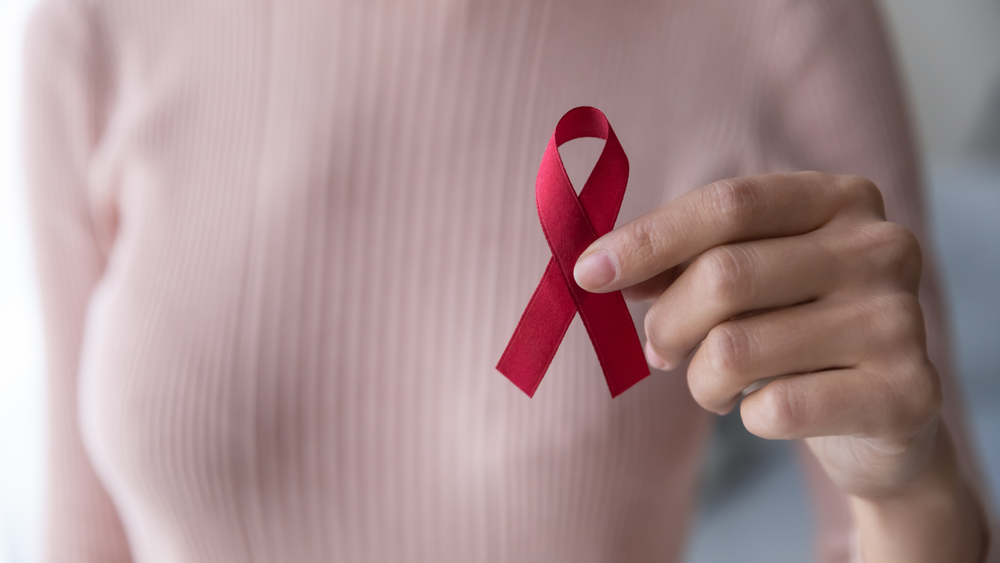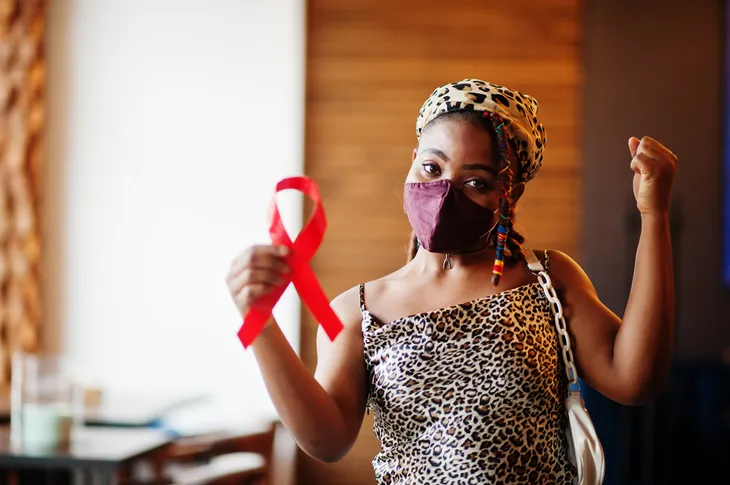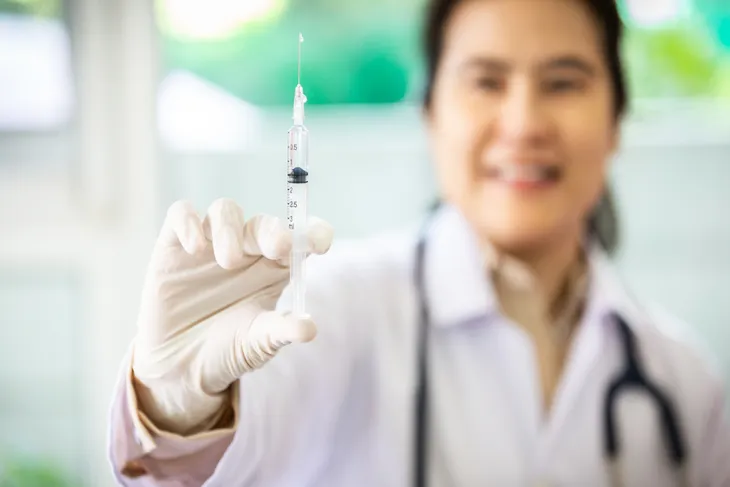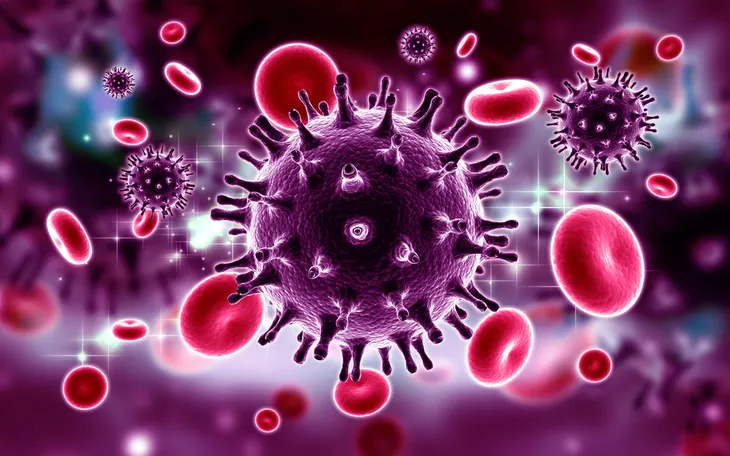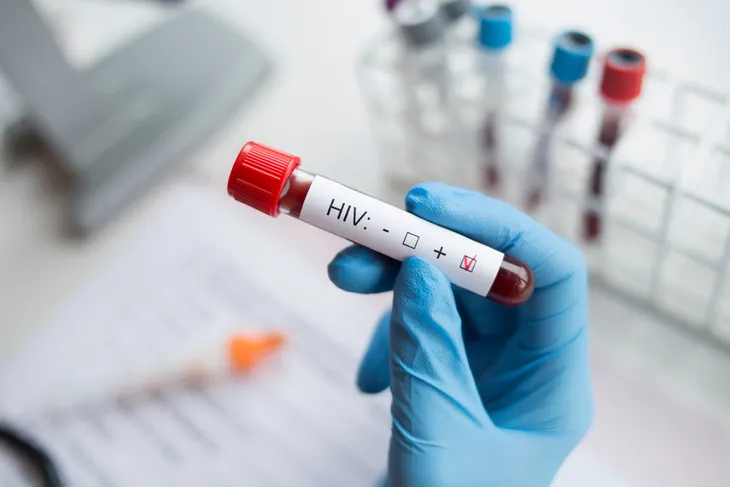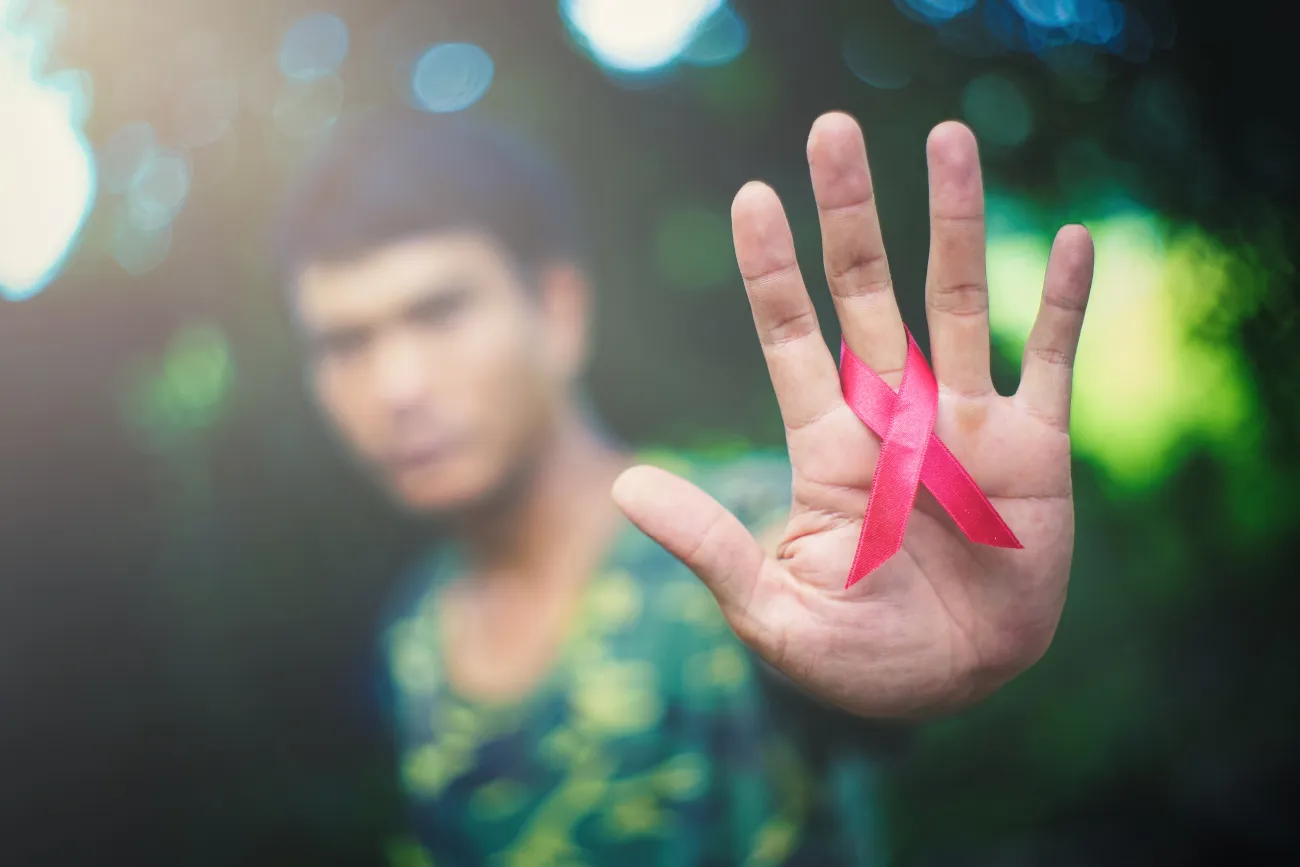HIV stands for human immunodeficiency virus. It’s a virus that attacks the body’s immune system, explains the Centers for Disease Control and Prevention (CDC). While there is no cure for HIV, there are effective treatment options available. Unfortunately once someone gets HIV, they have it for life. But medication can help them lead a long and healthy life.
As long as someone seeks treatment as soon as possible and receives the proper medical care, HIV can be controlled. To get started, here’s a breakdown of everything to know about HIV treatment, including the different options in 2023…
Antiretroviral Therapy (ART)
The main form of treatment for HIV is antiretroviral medicines, known as antiretroviral therapy (ART). This medication stops the virus from replicating in the body, explains NHS, and allows the immune system to repair itself and prevent further damage. Since HIV is able to quickly adapt and become resistant, doctors use a combination of HIV drugs.
According to the source, some treatments combine these drugs into a single pill (fixed dose combination), but this is more costly. The other more common option is to take between 1 and 4 pills a day. NHS notes that every person is different, so their medicine is unique to them. Doctors will measure the viral load (amount of virus in the blood) to see how well treatment is working. It usually takes about 6-months to get to an undetectable viral load.
What are HIV Treatment Shots?
People can receive their HIV medicine through either pills or shots. The CDC recommends people who are just starting their HIV treatment to take one of the many FDA-approved single pill and combination medicines available. Shots are reserved for people who have already reached an undetectable viral load (or been virally suppressed) for at least three months.
The shots used to treat HIV are long-acting injections given by a healthcare provider either once a month or once every other month, says the CDC. This means they require routine visits to the doctor’s office. The frequency of these shots depends on your specific treatment plan.
How Does HIV Medicine Work?
When a person has HIV, it attacks and destroys their immune system, particularly the infection-fighting CD4 cells (CD4 T lymphocyte), explains HIV.gov. Losing these cells makes it more difficult for their body to fight off infections and HIV-related cancers. But taking HIV medication will stop the virus from multiplying, therefore reducing the viral load in their body.
This is important because while we can’t cure HIV, we can limit the amount in the body which gives the immune system a chance to recover and produce more CD4 cells. “Even though there is still some HIV in the body, the immune system is strong enough to fight off infections and certain HIV-related cancers,” writes the source.
Why is Treatment Important?
If HIV medication is taken as prescribed it can reduce the viral load to such low levels that even a standard lab test can’t detect it. Lowering HIV levels keeps the immune system working, prevents illness and promotes a long and healthy life, explains HIV.gov. According to the source, if HIV is untreated it can lead to many different types of life-threatening infections and cancers.
“These are infections that don’t normally affect people with healthy immune systems but that can affect people who aren’t on treatment and whose immune systems are weakened by HIV,” writes HIV.gov. A low viral load not only improves their health and overall life, it also makes them less likely to transmit HIV to their HIV-negative partners.
When Should Treatment Start?
Treatment for HIV should begin immediately after a diagnosis. The CDC recommends every person with HIV take treatment no matter how long they’ve had HIV or how healthy they are. While every person should start treatment as soon as possible, it’s even more important for people with AIDS-defining conditions or early HIV infection, notes HIV.gov.
The source also states that pregnant women with HIV who are not already taking medication must start immediately. Talk to your doctor about any other medical conditions or current medications.
Potential Side Effects
Treatment associated with HIV can cause side effects in some people, warns the CDC. However, some people won’t experience any side effects at all. Thankfully, HIV medicine has come a long way from what it was. There are far fewer side effects that are much less severe than in the past.
The following are some of the most common potential side effects. According to HIV.gov they differ for each type of HIV medicine and from person to person. Some of these side effects start immediately after treatment begins and last only a few days or weeks, while others start later and last longer.
- Nausea and vomiting
- Diarrhea
- Dry mouth
- Difficulty sleeping
- Headache
- Rash
- Dizziness
- Fatigue
- Pain
Benefits of Participating in Clinical Trials
Clinical trials are critical to the advancement of HIV and AIDS research. They provide the opportunity to test new treatments and approaches in people, helping to determine their safety and effectiveness. Participating in an HIV and AIDS clinical trial can be a valuable opportunity in several ways.
Eligible individuals can:
- receive new and innovative treatments and thorough medical care from a team of professionals,
- potentially contribute to the advancement of medical research,
- receive treatments before they are widely available,
- receive compensation for participation, in some cases. This can include reimbursement for travel and meals or a monetary payment.
Looking to participate in an HIV and AIDS clinical trial? Check out these helpful resources:
- ClinicalTrials.gov, which allows you to search for HIV and AIDS studies that are actively seeking volunteer participants. Simply enter your location and specific criteria, and you will be provided with a list of studies in your area that match your criteria.
- A Clinical Info health information specialist, who can provide you with information on current clinical trials and help guide you in finding a study that is right for you. Call 1-800-448-0440 or email ContactUs@HIVinfo.NIH.gov for more information.
- ResearchMatch is a free, secure online tool that connects potential volunteers with researchers who are looking for participants.
